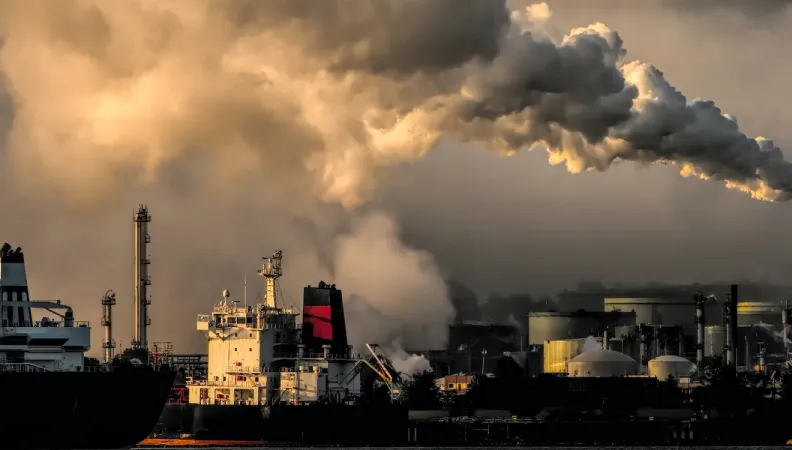Share the page
COP28: “Public Development Banks can Rise to the Challenge”
Published on

The 28th Conference of the Parties on Climate Change (COP28) will be held from November 30 to December 12, in Dubai, in the United Arab Emirates. The stakes for the planet are immense: from runaway greenhouse gas emissions to the struggle to combat and cope with the effects of climate change. For Mathilde Bord-Laurans, Head of AFD’s Climate and Nature Division, public development banks have an important role to play.
The previous COP editions, held in Glasgow and Sharm el-Sheikh, provoked heated debate. What can we expect from the conference in Dubai?
COP28 represents a critical turning point for this event. The commitments made at COP21 in Paris in 2015 will be presented, and we know that it will demonstrate the lack of progress made. We are still a long way off from the cuts in greenhouse gas emissions needed to limit global warming to 1.5°C. The challenge will be adding recommendations that are strong enough to reduce these emissions in the short term, between now and 2030-2035, as well as in the longer term to achieve carbon neutrality.
A balance must be struck between the ecological transition, energy efficiency and the call to triple the installed capacity of renewable energy sources, and on the other hand, phasing out fossil fuels. The latter issue is where tensions become crystallized, with both the need for all countries to make an effort, especially the richest but also emerging countries, while addressing questions raised by carbon capture and storage technologies. The cost-effectiveness of these technologies is unproven and their large-scale deployment remains unfeasible.
COP28 will begin with a consensus having been reached on the issue of loss and damage. This represents a major step forward for developing countries, particularly small island states. If the proposal is accepted, discussions will be centered on the capitalization of this fund, and its links with other financial tools, including those used by development banks, as well as its capacity to deploy innovative sources of financing, such as taxation.
See also: Are AFD’s actions aligned with the Paris Climate Agreement?
Why is it important for an institution like AFD Group to attend COP28?
AFD is attending this event to shine a light on our actions, our partnerships with countries and our projects, as well as to learn from the practices of our partners in terms of redirecting financial flows towards sustainable development, which for us means aligning with the Paris Climate Agreement and the Global Biodiversity Framework.
We are also working with the Finance in Common (FiCS) and International Development Finance Club (IDFC) teams to mobilize public development banks and demonstrate that they can rise to this challenge. Finally, we are supporting Team France in various fields, such as the energy transition, forest preservation and negotiations – on the loss and damage fund, for example – and the New Collective Quantified Goal [which is to supersede the €100 billion pledged by the Global North to help developing countries tackle climate change].
See also: How does AFD Group align its projects with the UN Sustainable Development Goals?
With the objectives of the Paris Agreement looking increasingly difficult to achieve, what position can AFD take to meet these challenges?
The key focus of AFD’s positioning is to support developing countries and partners. We do not say to our partners “this is the path you must take”. We work with them so that they can define their own carbon neutrality strategy, and identify the specific challenges faced in terms of resilience to climate change and the integration of nature-based solutions. This role of working alongside our partners is what differentiates AFD, and more broadly, public development banks, from private finance.
Our challenge is to ensure that every country can achieve the Paris Agreement’s objectives. However, it’s not enough for a bank like ours to have a plan for moving away from fossil fuels: all countries must achieve net zero. Thus, they must all work on their own development trajectory. This goal is our current focus via the 2050 Facility, and it has been incorporated into our governance: with the Sustainable Development Analysis and Opinion Mechanism (SDAO), we can check that the projects financed by AFD are aligned with national climate objectives.
The area where AFD needs to make progress is in understanding how to have an even greater impact. Transformational finance is key. This means going above and beyond financing or investment, and working with financial system regulators to develop public policy and sector-specific reforms, to mobilize the private sector and involve citizens in decision-making.
So, we have a lot more work to do!
